Guo Heng
28th June 2018 - 10 min read
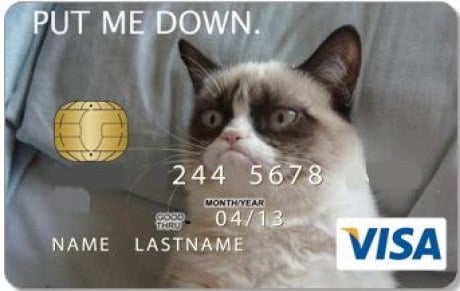
Have you thought about applying for your first credit card? Or perhaps you’ve had them for a while but still can’t get your head around the details. Not a problem; we’re here to help. Here are some of the most frequently asked questions we’ve received from readers like you – and our answers!
What are the requirements to apply for a credit card?
The minimum income requirement to qualify you for a credit card as a first time applicant is RM24000 per annum, replacing the previous minimum income requirement of RM18,000 per annum, in accordance with the 2011 Bank Negara Malaysia (BNM) guidelines.
That means your basic monthly income must be above RM2000 a month, which banks cross check with your salary slips as well as EPF deductions made by your company. If your salary is above this threshold, you can apply for a large amount of “Gold” credit cards. Platinum, Infinite, Reserve, and other premium-level cards have higher minimum income requirements. You can learn more about these cards and more in our Credit Card Basics article.
How many credit cards can I own?
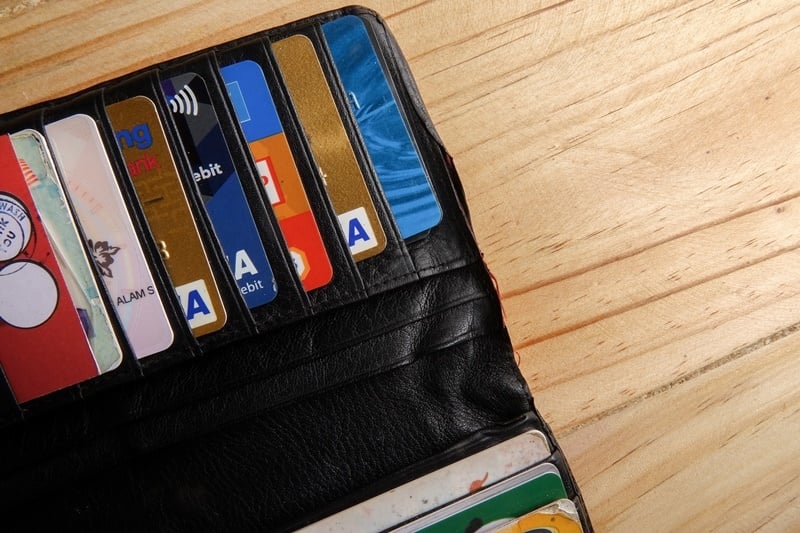
There is no limit to the number of credit cards you can own unless you earn less than RM36,000 per annum (i.e. RM3000 per month). If that is the case, you can only own credit cards from two different credit card issuers in Malaysia and your combined credit limit will be capped at a maximum of 2x your monthly salary (but whether you get this amount depends on the banks you choose).
You can own credit cards from any number of credit card issuers in Malaysia if you earn more than RM36,000 per annum.
What is my credit limit?
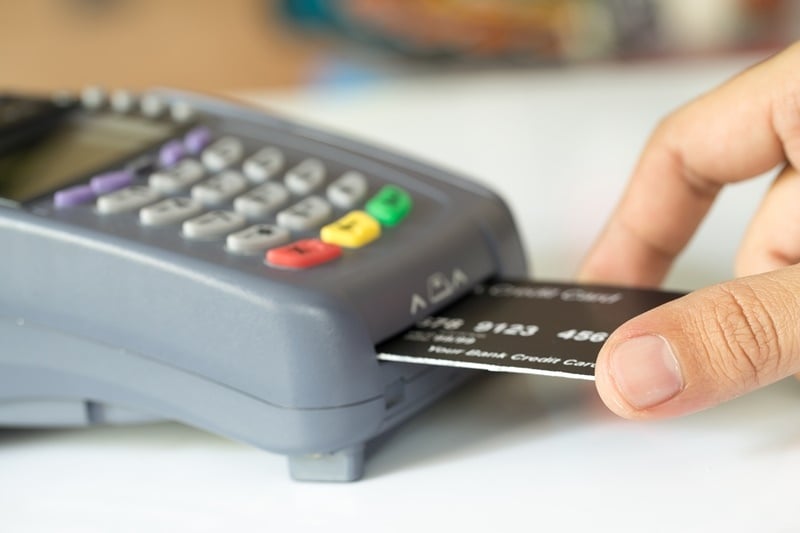
BNM imposes a credit card limit of two times the monthly salary for those earning under RM36,000. The credit limit for those earning more than RM36,000 is at the discretion of the credit card issuer. It’s important to know what your credit limit is and to not exceed it as doing so may incur extra charges with many banks.
You may also request to increase the credit card limit, which will be handled on a case by case basis by the card issuing bank. The bank may request additional documents to support your request, such as an offer letter from a new (better paying) job or a promotion with increment. The banks will then choose to approve or reject your application, and determine the new credit limit at its discretion. A step-by-step guide on how to increase your credit card limit can be found here.
What are the interest rates for a credit card?
Interest rates vary among card providers, but they must adhere to BNM’s tiered pricing structure for credit cards. There are three tiers of maximum annual interest rate in which the credit card providers can charge their users:
- Tier 1 – Maximum of 15% per annum, for those who settled their minimum payment amount for 12 consecutive months.
- Tier 2 – Maximum of 17% per annum, for those who settled their minimum payment amount for at last 10 months in a 12-month cycle.
- Tier 3 – Maximum of 18% per annum, for those who settled their minimum payment amount for less than 10 months in a 12-month cycle.
As you can see, the interest rates are very high, which means that it is important to pay your bills on time. Some cards in the market offer lower interest rates, but these rates often come with additional requirements. For example, some banks will require you to pay a minimum of 50% of your balance in order to qualify for the special rate. Paying the minimum amount will definitely not be enough.
What is the credit card billing cycle?
The credit card billing cycle is the period of time between billings, which is typically 30 days. Depending on the bank, the billing cycle may either start at the beginning of the month, or from the date of approval of your credit card application.
What is the interest-free period?
At the start of the billing cycle, you will receive a credit card bill or statement showing purchases made from the previous month which are due for payment. Most credit cards have an interest-free payment period (or grace period) of 20 days, where you will not be charged interest on the amount due. If you fail to complete payment within this period, the bank will begin charging interest on the remaining balance.
Can I withdraw cash from an ATM using a credit card?
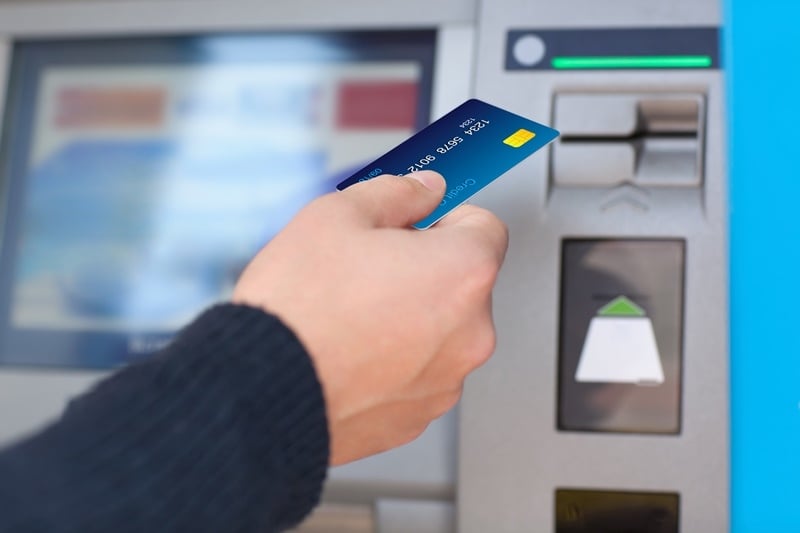
Yes. This is known as a cash advance, which is technically a short-term loan facility provided by the bank for credit card holders. Cash advance allows credit card holders to withdraw money from any ATM machine worldwide, making it a very useful tool to have in emergencies – especially when you are overseas.
But! This is also one of the most expensive facilities provided to a credit card holder. Banks charge a service fee and a finance charge for every cash advance instance from the card holder. The service fee incurred is either a set percentage (around 5%) of the withdrawn amount or a fixed fee (whichever is higher), and some banks may even charge a handling fee when performing a cash advance at its ATMs. Finally, banks charge a hefty 18% p.a. finance charge for every day that the amount is not repaid in full.
Credit card holders also get access to another kind of cash advance facility. Known as cash instalment plans (CIP), this form of cash advance allows banks to transfer up to 90% of your credit card limit to your savings or current account upon successful application. Of course, the interest rates and miscellaneous fees are painfully high. Read more about cash instalment plans here.
What happens if I fail to repay my credit card on time?
We are venturing into dangerous territory here. If you miss your first minimum payment amount, you will be slapped with a late payment charge of either RM10 or 1% of the outstanding balance, whichever is higher as of statement date, up to a maximum of RM100.
After one or two months of no payment, you would start receiving letters or calls from your credit card issuer, and if you ignore those letters, the credit card issuer may send a collection officer to your residential address. While they may not resort to extreme methods employed by loan sharks, they would not be too chummy about it either.
There is a good chance your card would have been blocked as well, if you’ve reached this point.
Repeated late payments would cause you to be blacklisted in BNM’s Central Credit Reference Information System (CCRIS). As the blacklist is shared among different banks, it would not be wise to get on the dark side of CCRIS.
The ultimate action that credit card issuers could take against non-payees is to sue them for the sum owed. Malaysian laws dictate that a person could be declared bankrupt if he or she defaulted on an outstanding debt amounting above RM30,000 for more than 6 months.
How to dispute a credit card charge?

If you found that the bank has charged your credit card some fee that you feel is not right, you should call the bank as soon as you can to find out. If it is some administrative or penalty charge for something you may not have committed, and if you think it may have been wrongly charged, you can dispute the charge.
You should, of course, call the bank first for faster and quicker communications. The agent on the line may be able to assist you, but if not, most banks in Malaysia have a charge dispute form uploaded in their websites. You need to specify which charge you are disputing and what reason the dispute is filed for. The bank may then contact you for further clarification, and if the disputed charge will be reversed. Note that fees such as annual fees and late payment fees cannot be disputed.
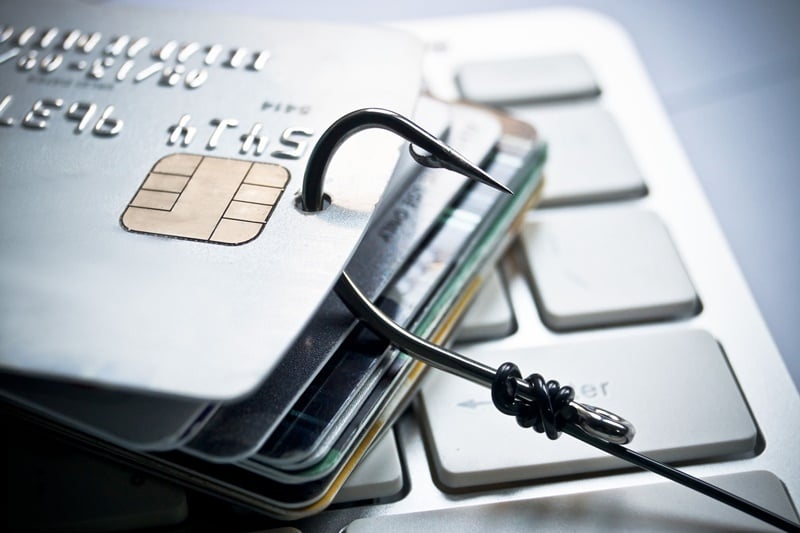
However, if you find a charge for a transaction you did not make, you may have been a victim of credit card fraud. Someone has gotten access to your credit card details, and has begun abusing it. You will need to act fast – here’s a how-to guide for what to do when you are a victim of credit card fraud.
On the other hand, if your credit card is stolen and suddenly find your cards being charged for purchases, you will need to act fast. Inform the card issuing bank of the theft as soon as possible, and make a police report. Banks can usually reverse charges that are”in float”, so timing is key. Under Bank Negara Malaysia’s guidelines, you are not liable to pay more than RM250 for any fraudulent transactions on lost or stolen credit cards, as long as the transactions were made after you lodged a report with the bank.
Should I apply for a card solely for a Balance Transfer?
Balance transfers allow you to consolidate your debts from other credit cards into a single credit card or simply move a balance from one card to another to take advantage of a low interest rate (sometimes as low as 0%, for a certain number of months ranging from 6 months up to 36 months) to to help you optimise your payment regime.
However, some banks do not take lightly to people solely applying for credit cards to transfer a balance and if they suspect that is what you are doing; they will be quick to deny your application. That said; it doesn’t mean you shouldn’t try. However, remember that for balance transfers; your credit limit needs to be enough to cover the balance you want to transfer and you wouldn’t be able to guess how much of a credit limit the bank will give you when applying for a card.
In short, consider the pros and cons of applying for a card for this reason by getting to know balance transfers a little better first.
What is Credit Shield or Credit Balance Insurance and Should I Get it?
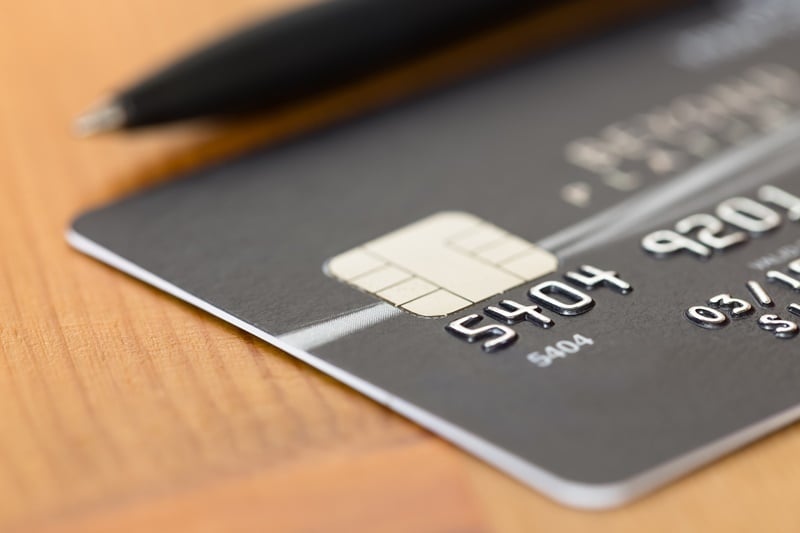
Credit shield (or credit balance insurance) works a little like the MLTA/MRTA works for home loans. It insures your credit balance so if anything were to happen to you; you don’t have to worry about paying off your credit card. Just like any insurance product; some may argue why it is necessary to pay premiums to safeguard the bank’s interest in retrieving the amount but some others will argue that having to worry about one less debt when a loved one passes away is a good enough benefit to warrant the premium. In the end, it is up to you to decide if the insurance is something you want.
Credit cards often get a pretty bad rep in general but for the people who’ve used it wisely; it’s a great financial tool to obtaining and managing the money you have. But as with any banking product; it is best applied for only when you have all the details.



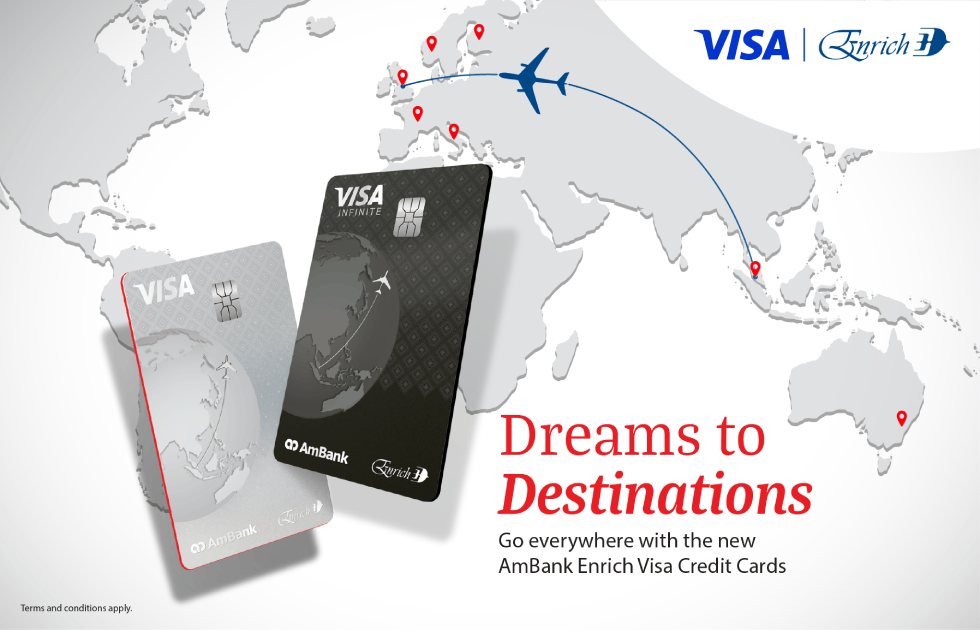
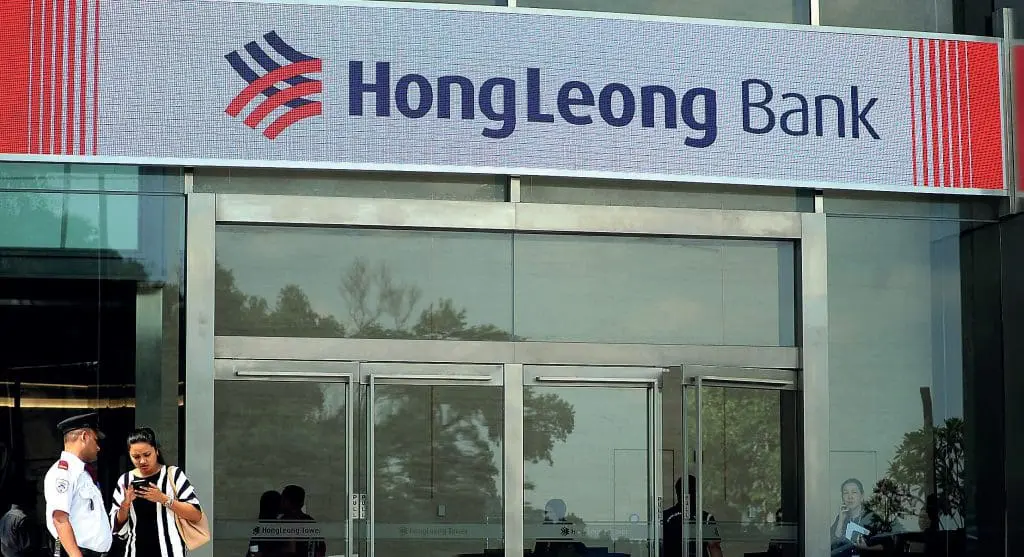
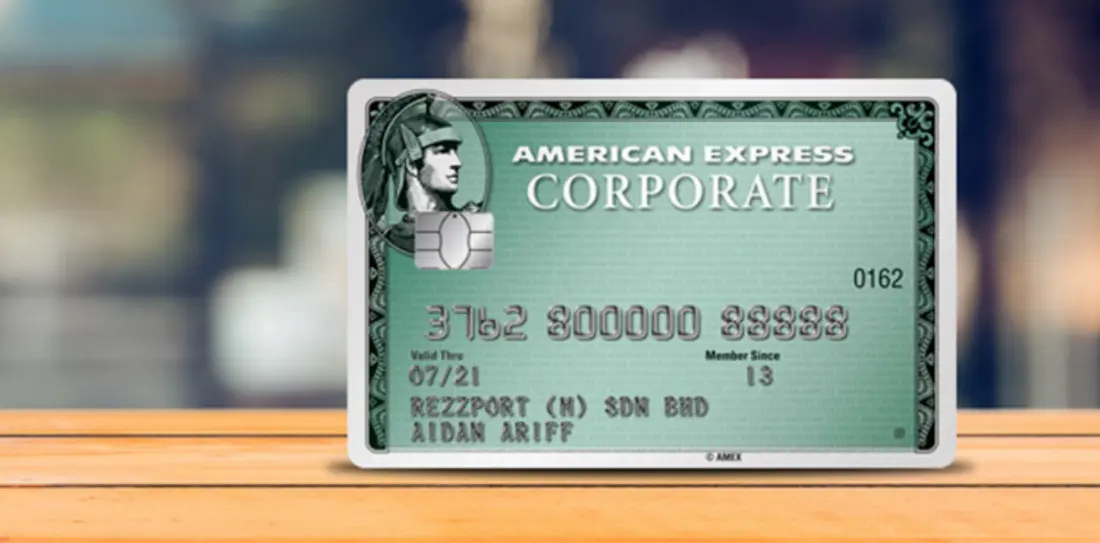

Comments (17)
I have a query. Let’s say I apply for a credit card from Bank A in Malaysia, I used it for 11 months, and then I cancel the card due. I maintained a good credit score and payment throughout 11 months. And then, maybe a year later I would like to apply a new credit card from Bank A again. Will Bank A approve my credit card application now?
yes, there shouldn’t be any issues – but note also if you cancel the card and you don’t have other credit cards/loans, your credit health is negatively affected due the lack of credit products and repayment history during that one year period.
What if i pay this month the minimum payment first, and pay full at the end of the same month? but the due date is on 15th of the month.
You can definitely make the minimum payment by the 15th and then pay off the full balance later in the month.
However, please note that if you make the minimum payment after the due date, you might get hit with a late fee and it could affect your credit score. So it’s best to pay by the due date to avoid any penalties!
hi. is it possible for me to pay my loans with credit card? i have loan at pawn shop and car loans which i pay monthly.
Not all loan providers accept credit card payments, and there may be additional fees or restrictions involved. I recommend confirming directly with your pawn shop and car loan provider for their accepted payment methods.
I got Bank SMS card is already approved, but card never arrived.
If I ask for a replacement card to be sent, will it go over the entire approval process, financial doc checks again?
Thank You
No, it shouldn’t go through the approval process again. The bank would normally reissue the card and deliver to you and confirm mailing address.
i have 2 credit card with sharing credit limit from same bank. If i would like to cancel one card, does it will effect the credit limit?
It may or may not affect the credit limit, depending on how the bank manages credit limits for shared accounts. Contact them for more info.
I am currently working in Singapore and tried to apply a cc through ringgit plus but it says through the email that I have to provide EPf statement which I do not have. Which means I cannot apply through Ringgitplus, correct?
You can still apply at RinggitPlus, but you’ll not qualify for the Premium Gift with the Latest EPF statement.
Hi what happened if I dont activate my credit card? Am i still need to pay the SST tax and annual fee?
Hi let say I have received a credit cards for my housing loan together, if I don’t use it ,is that bank will charge me
yes , please call your homebank and cancel the card , otherwise they will charge sst on you
I had outstanding credit card payment for more than 6months and I just recently made full payment. do I still can use the same credit card or not?
Yes, you can.